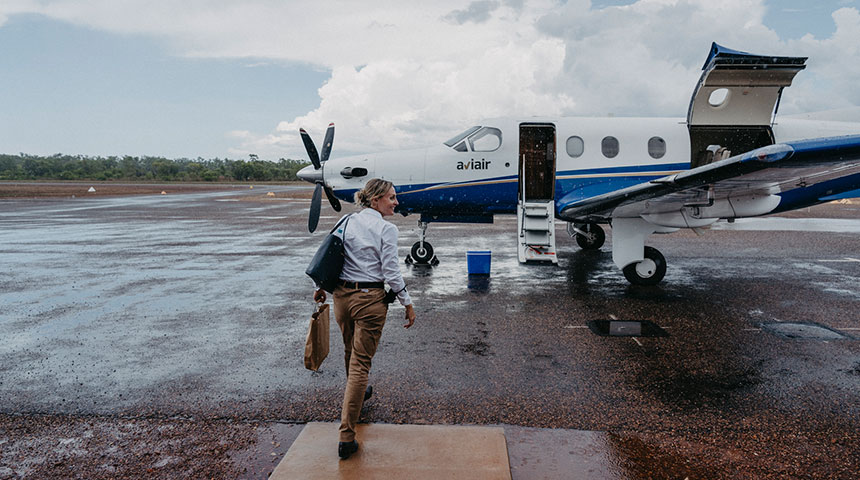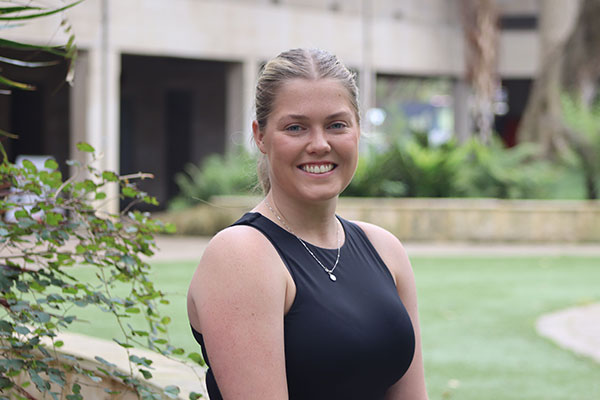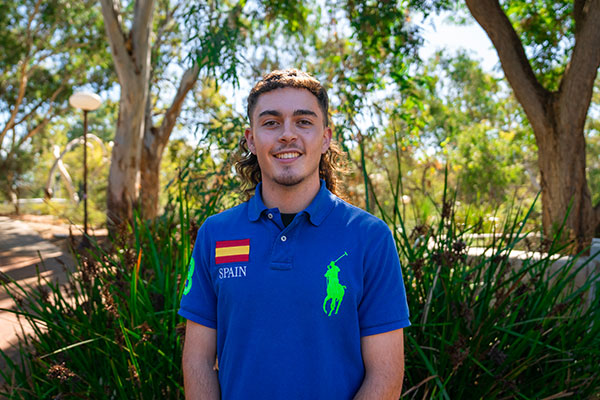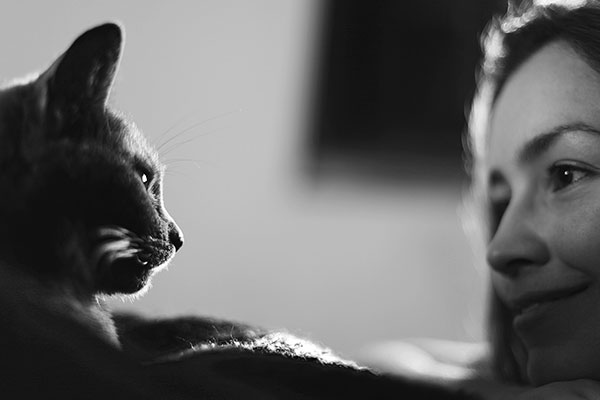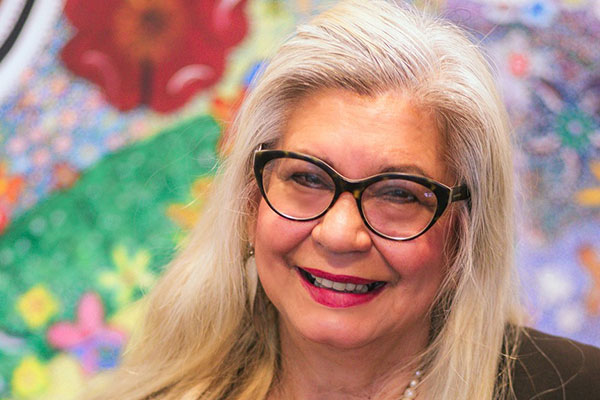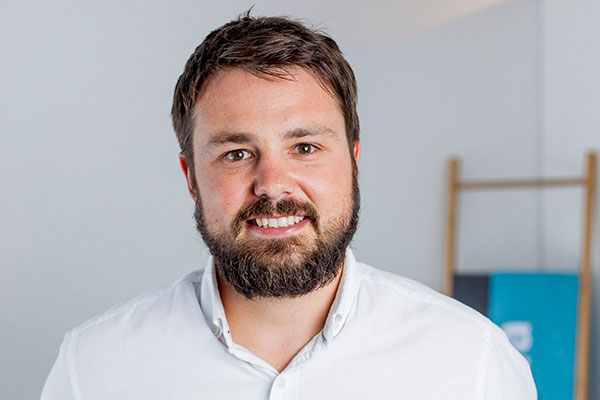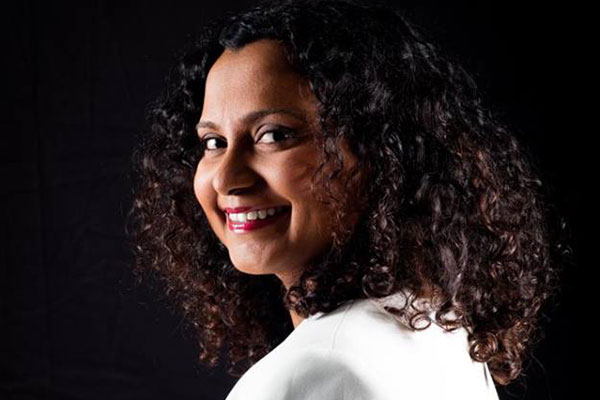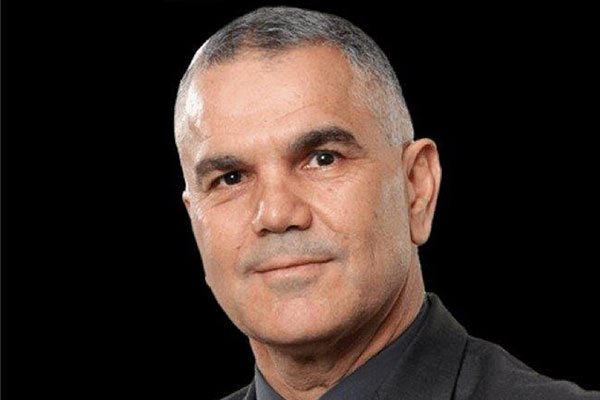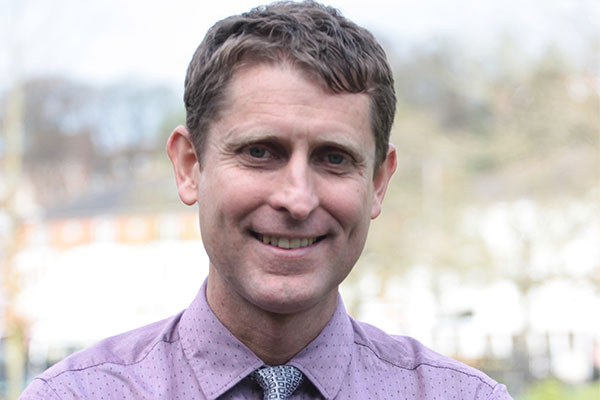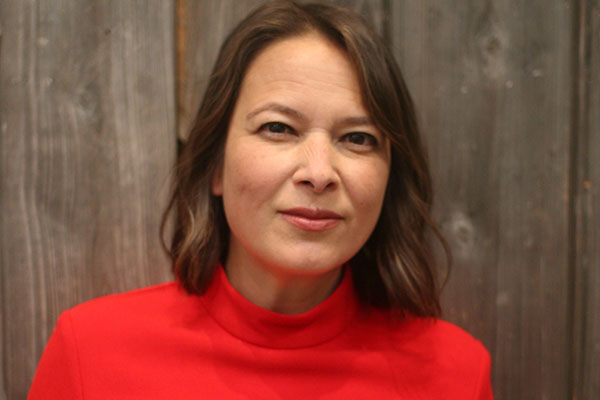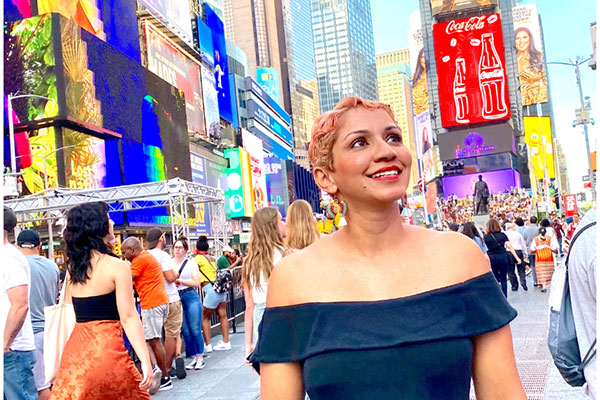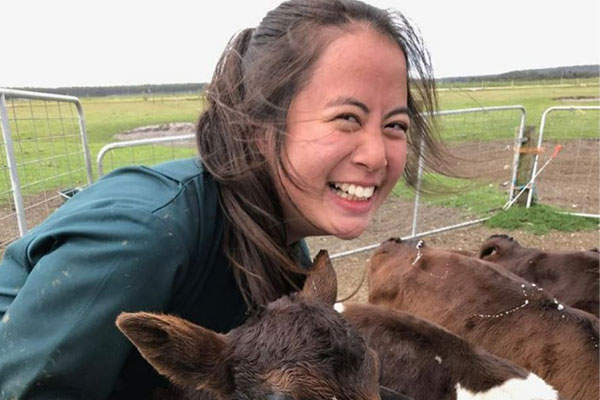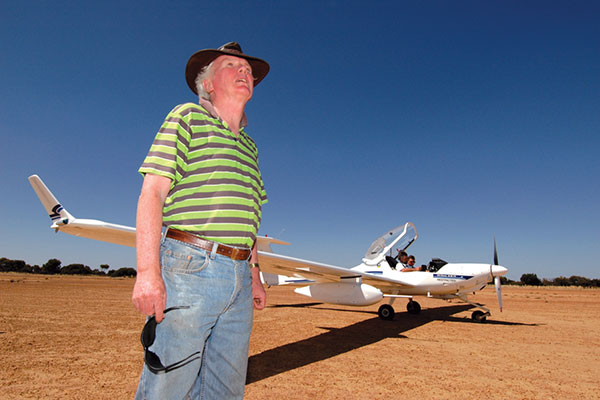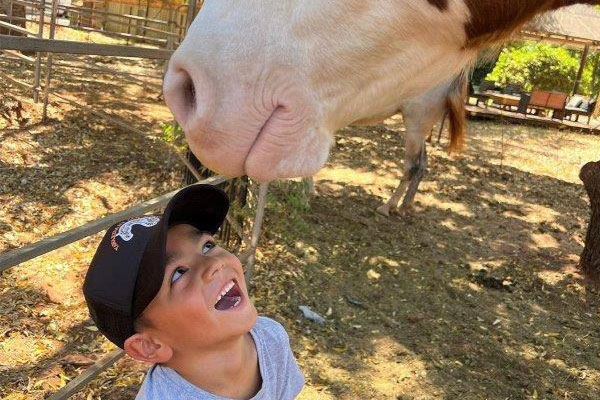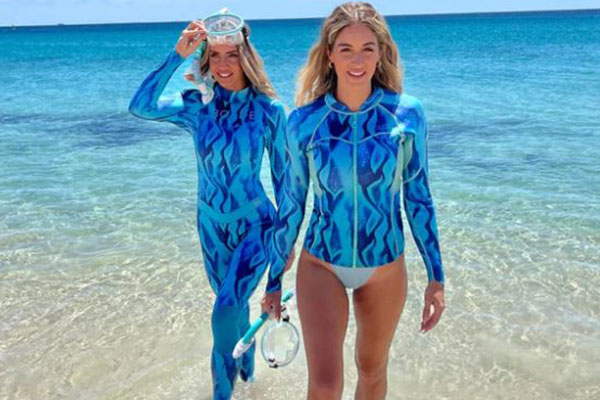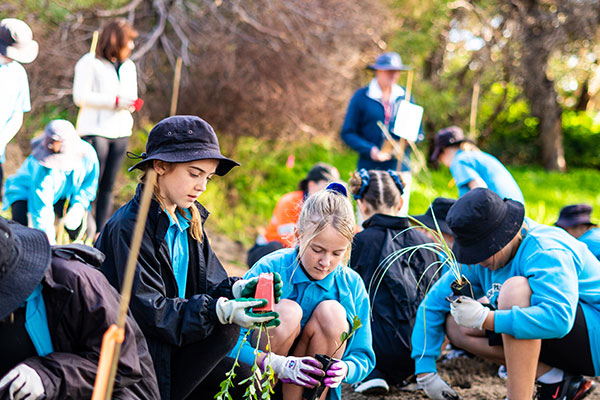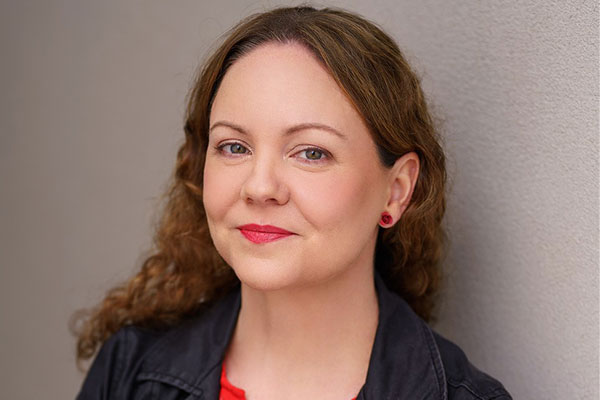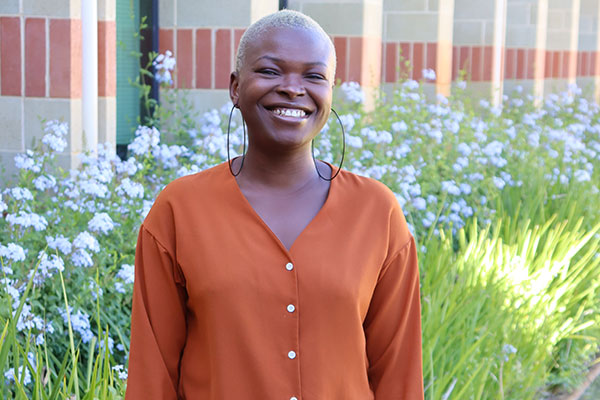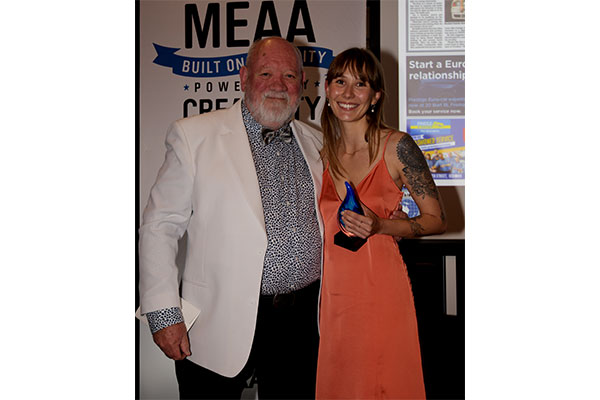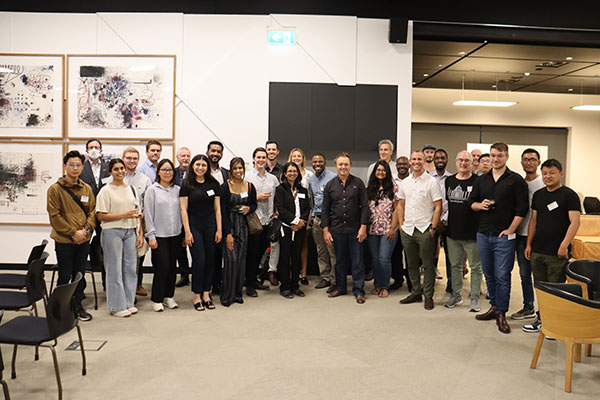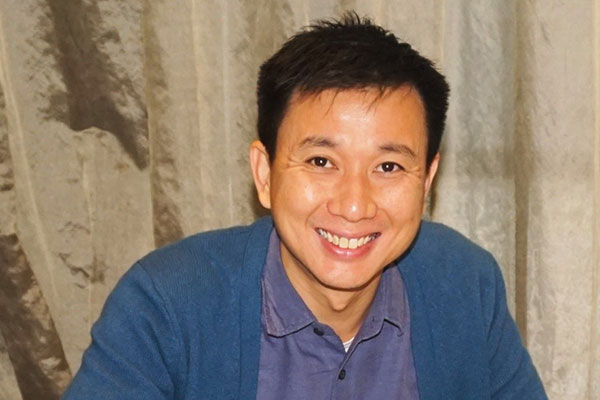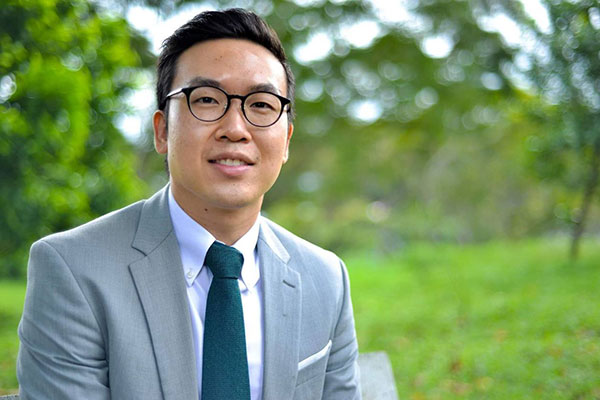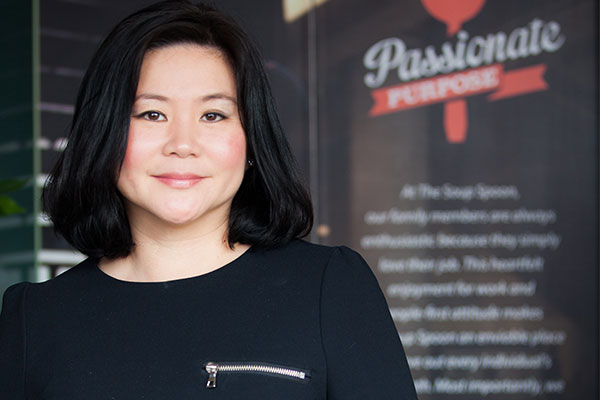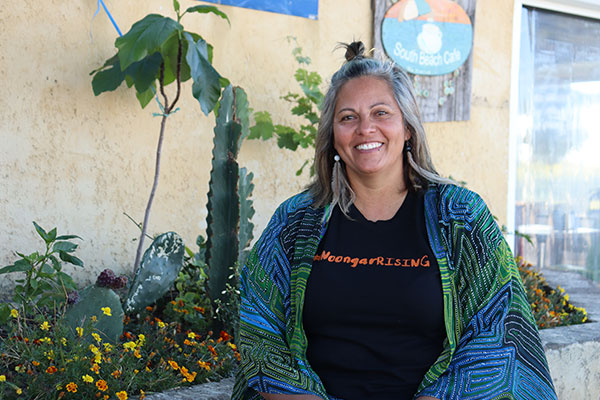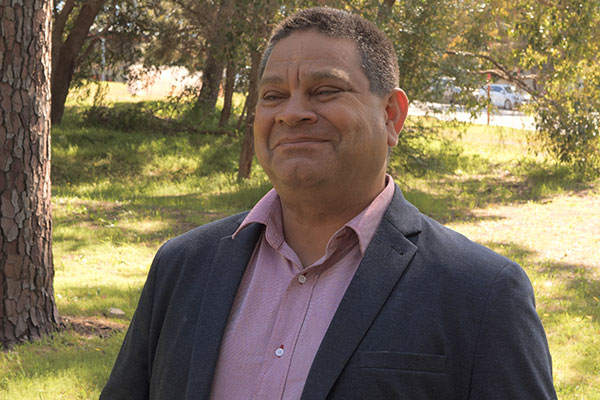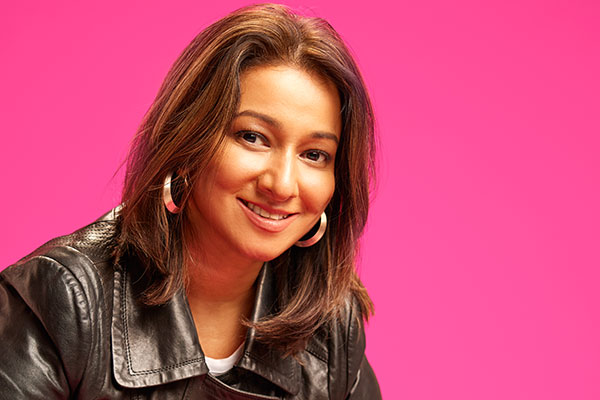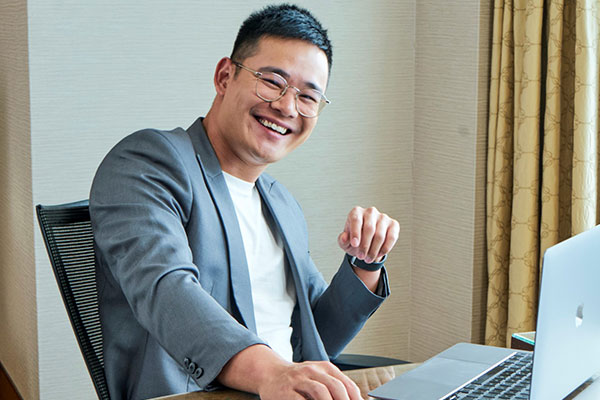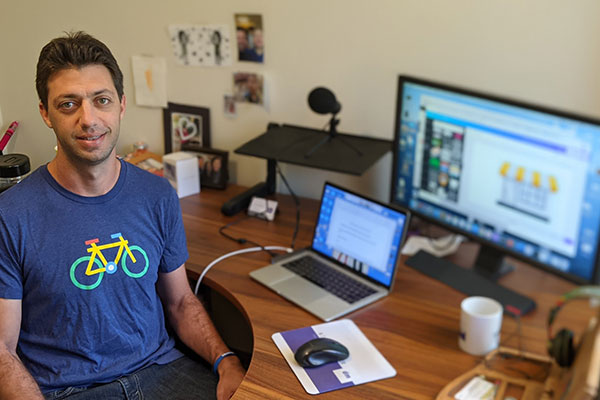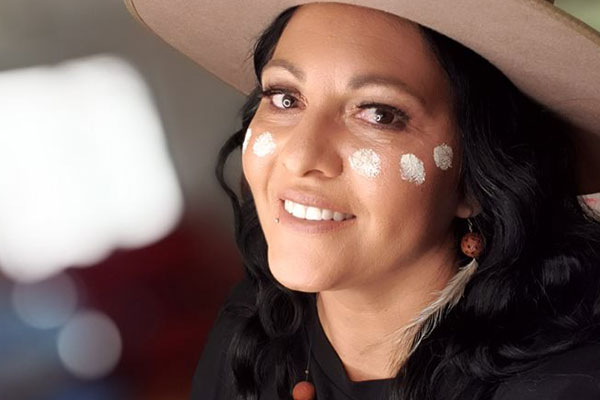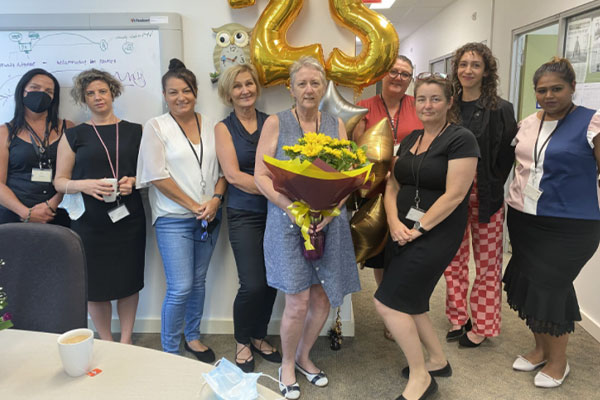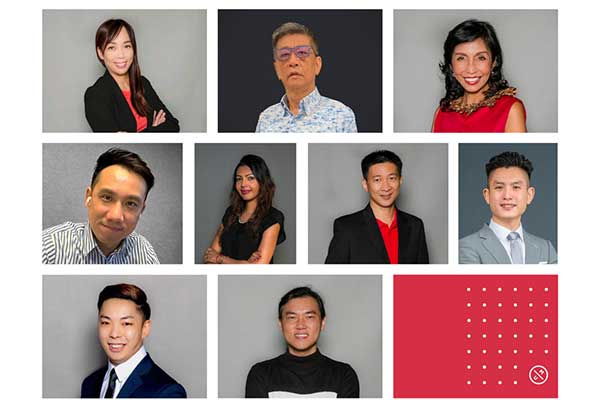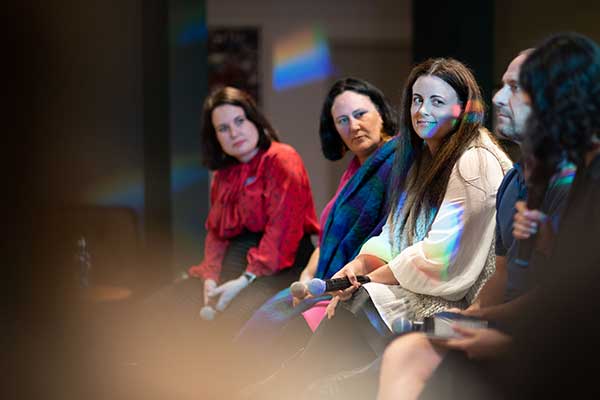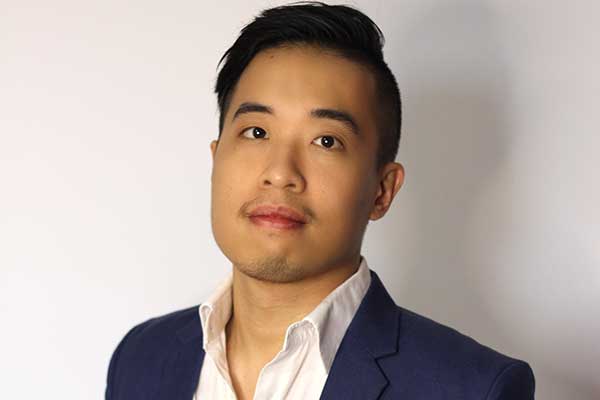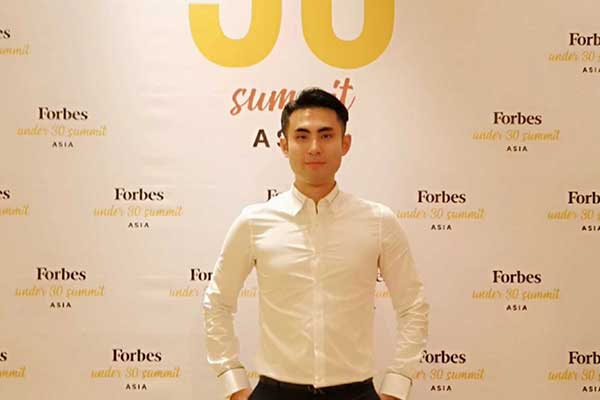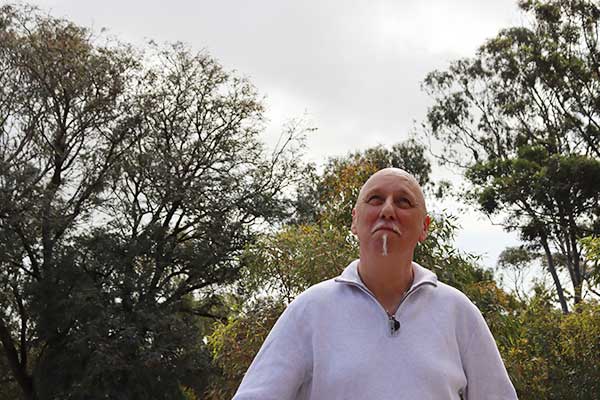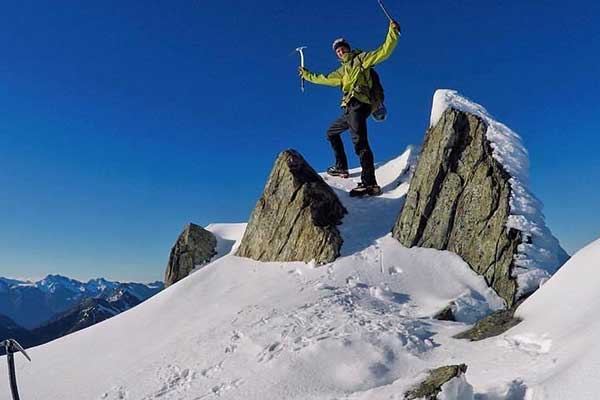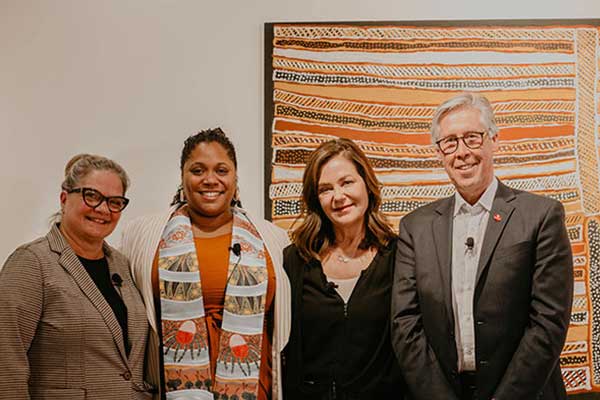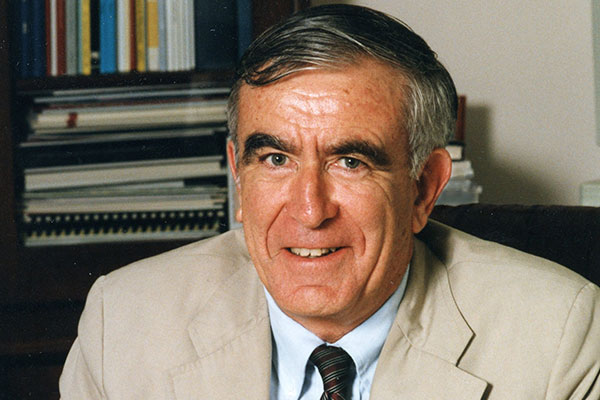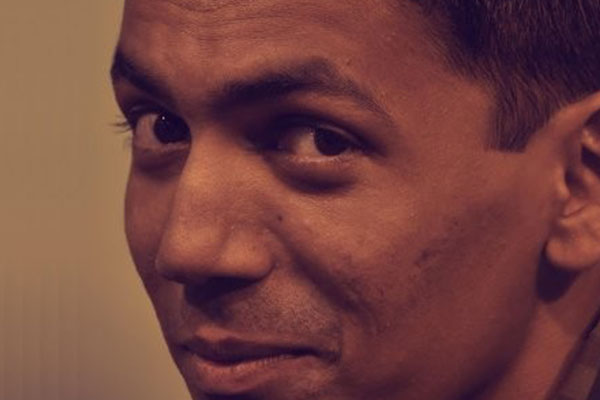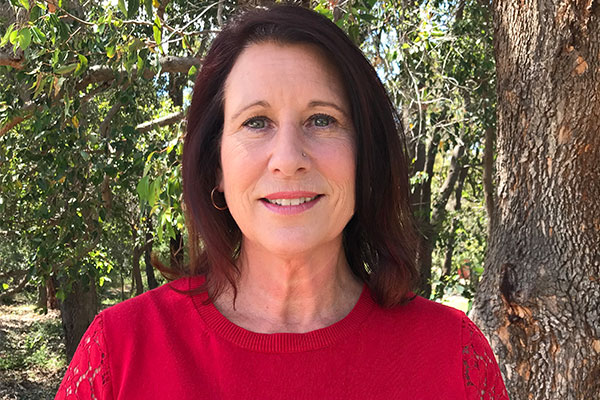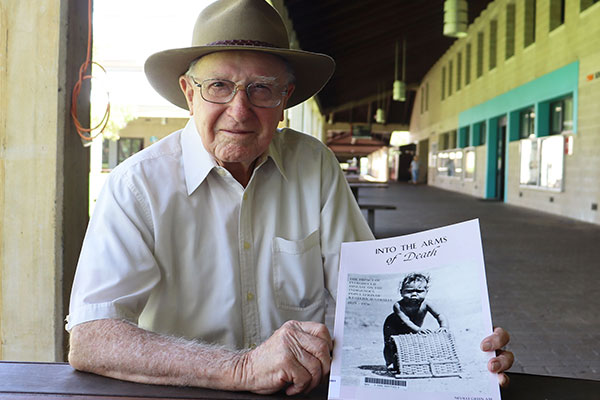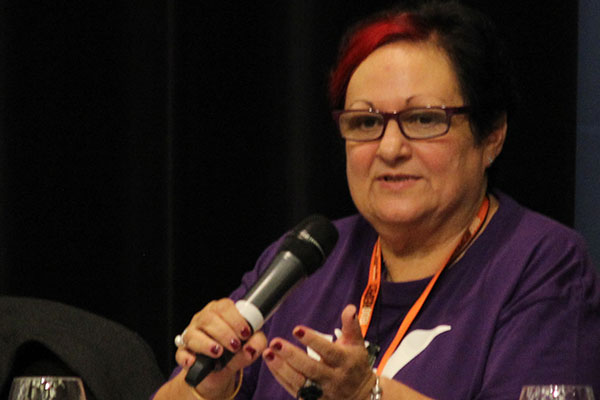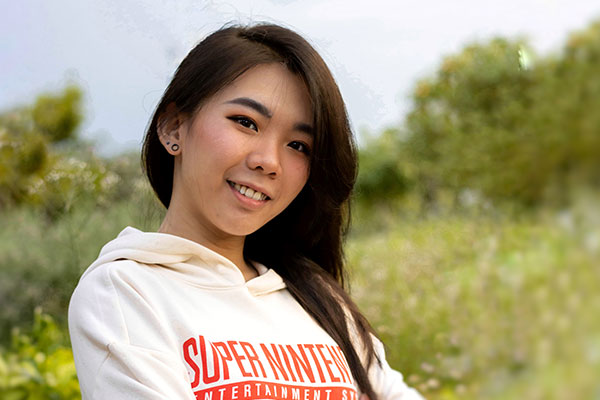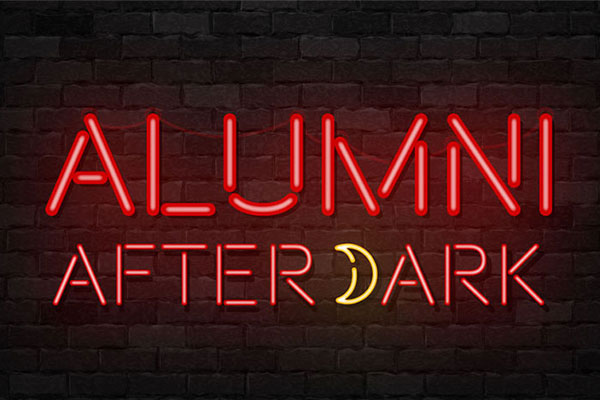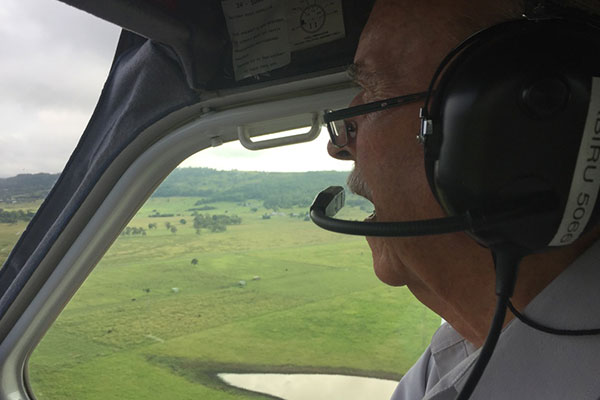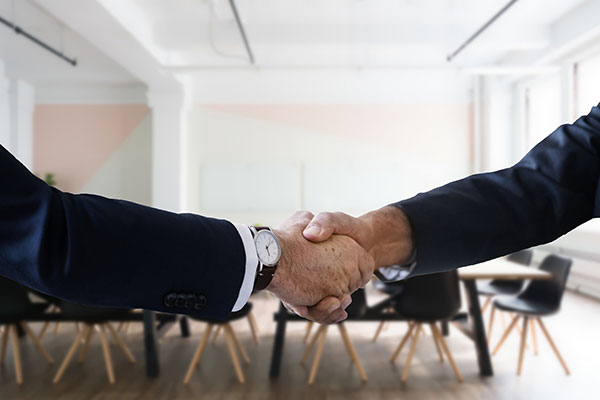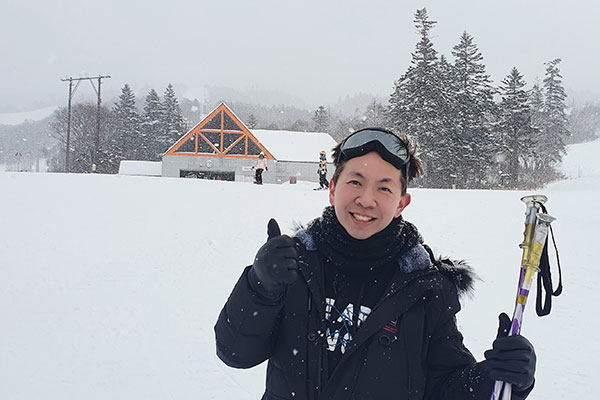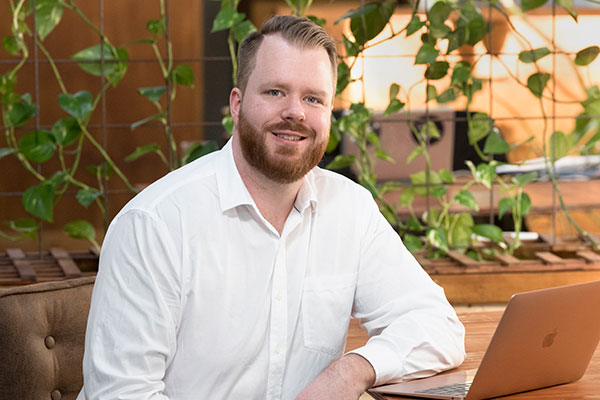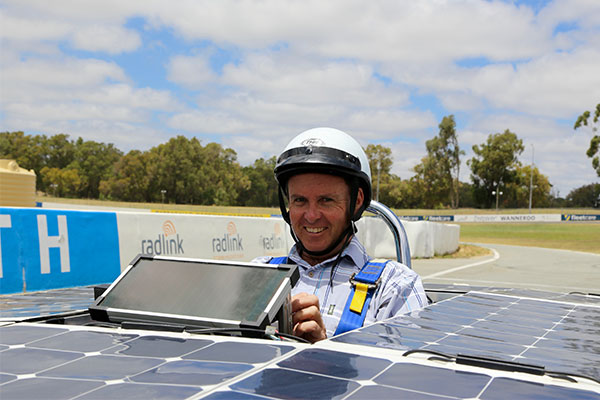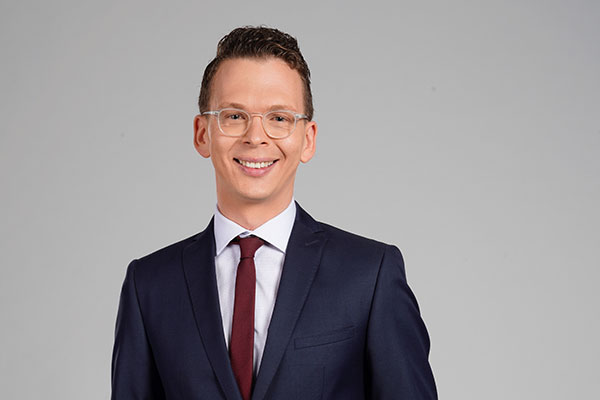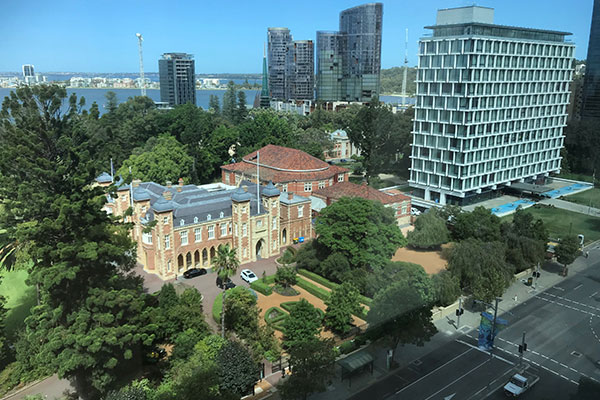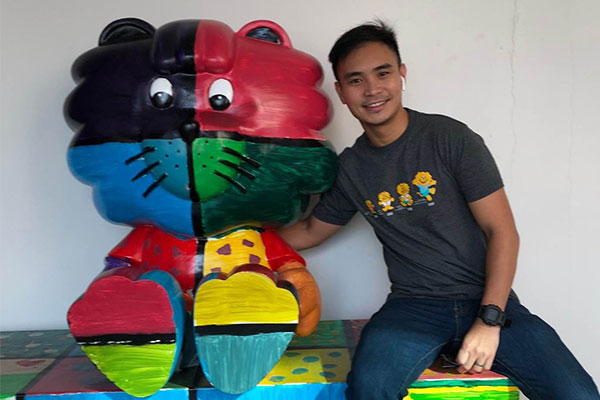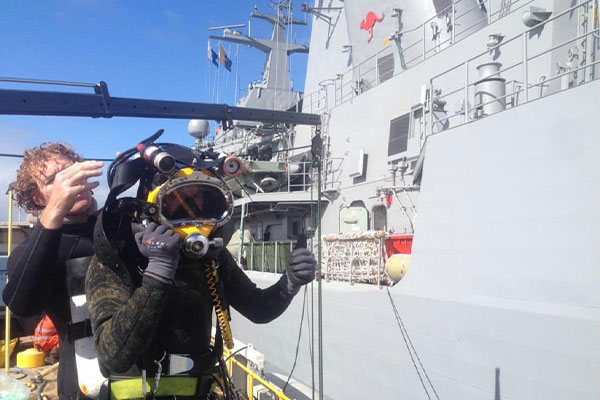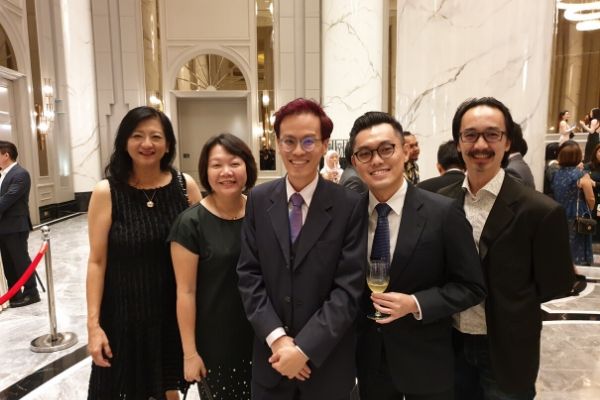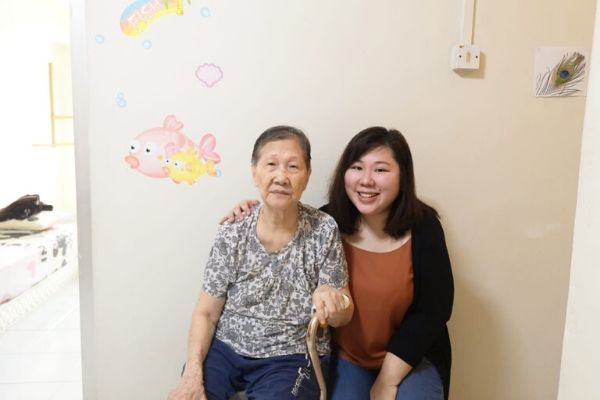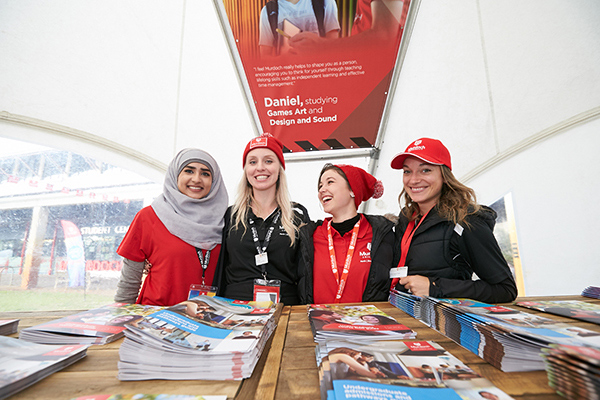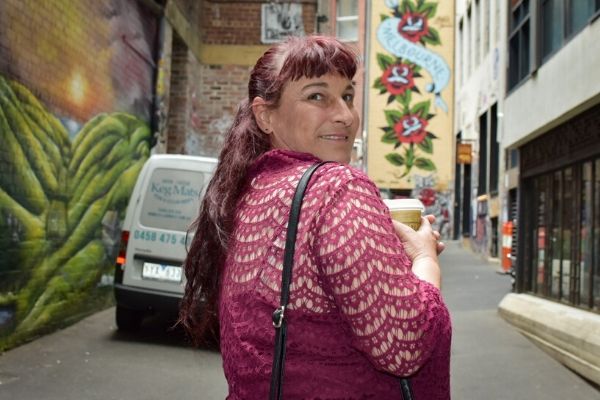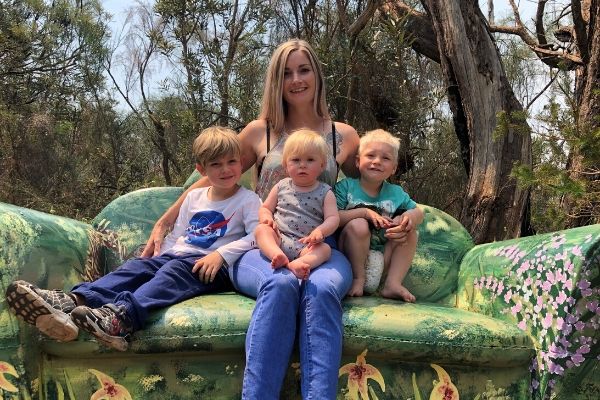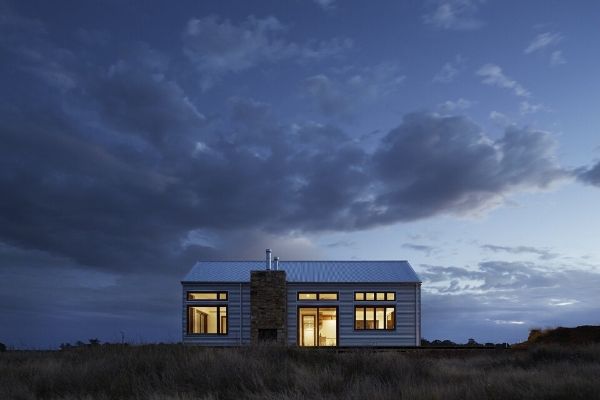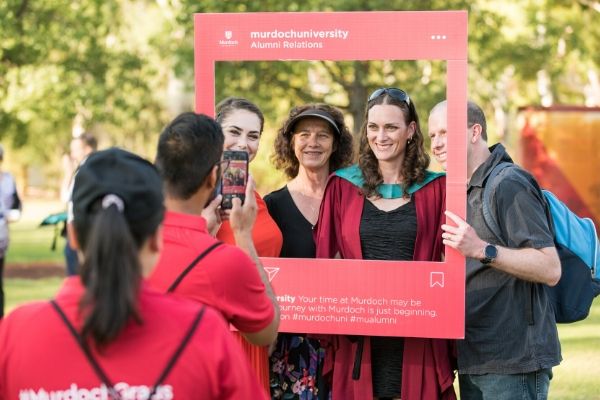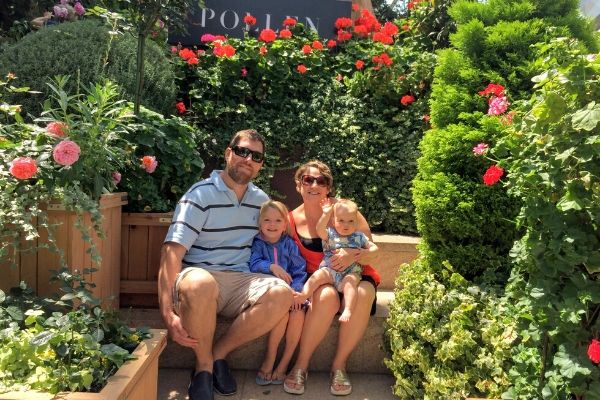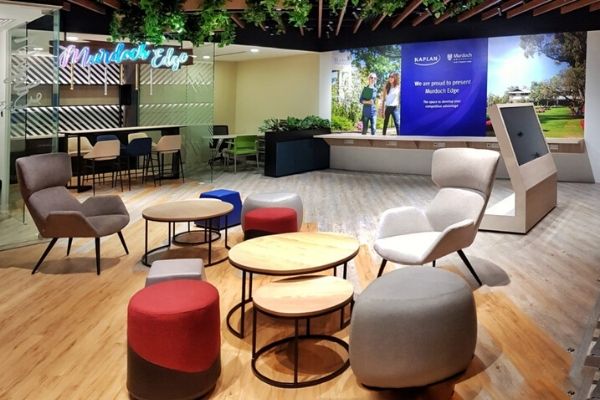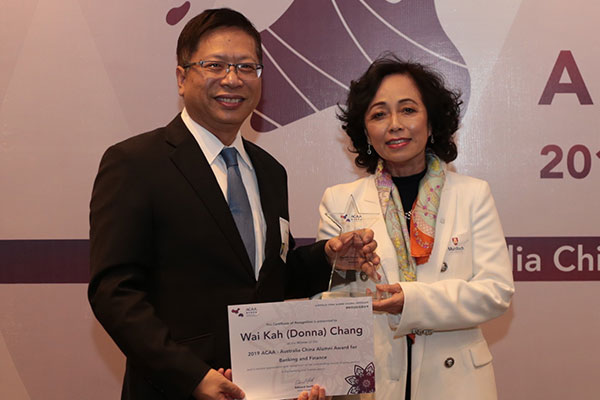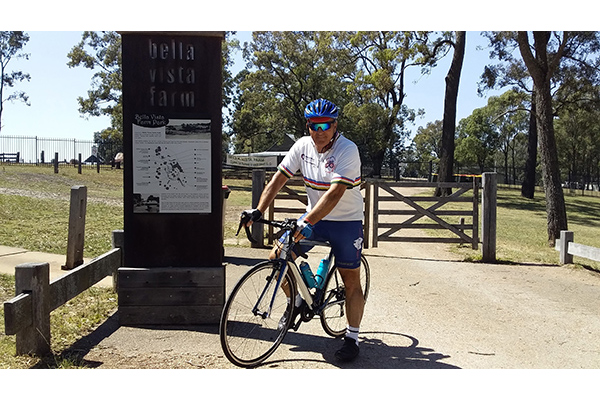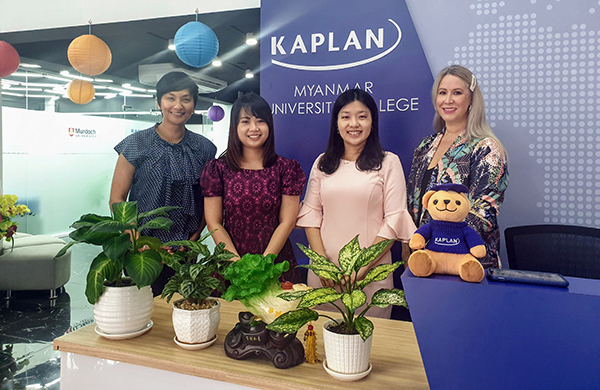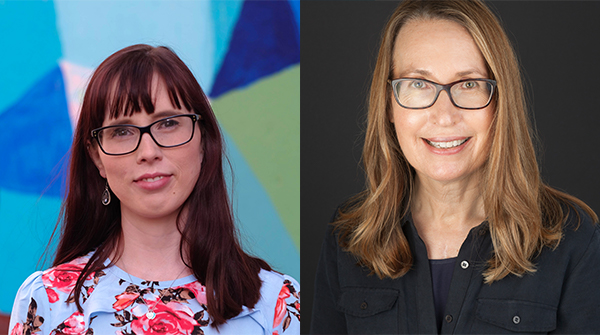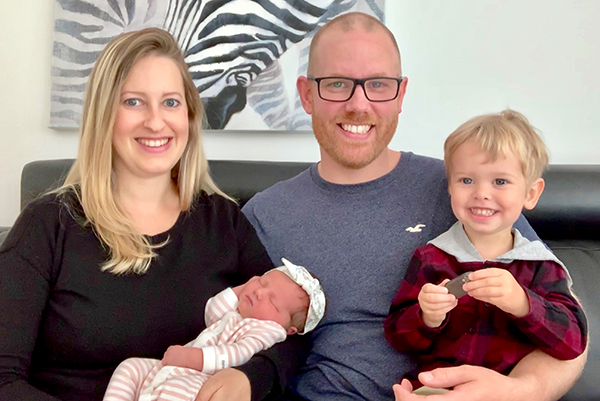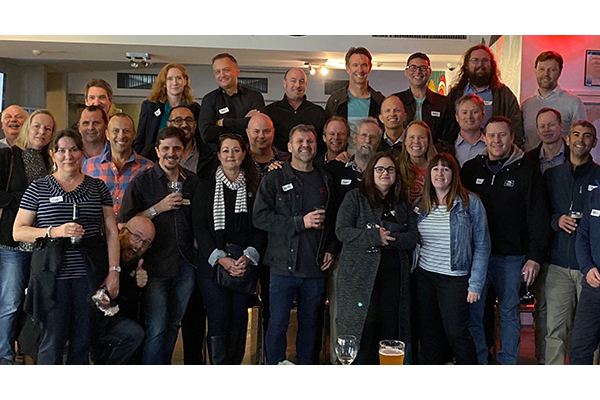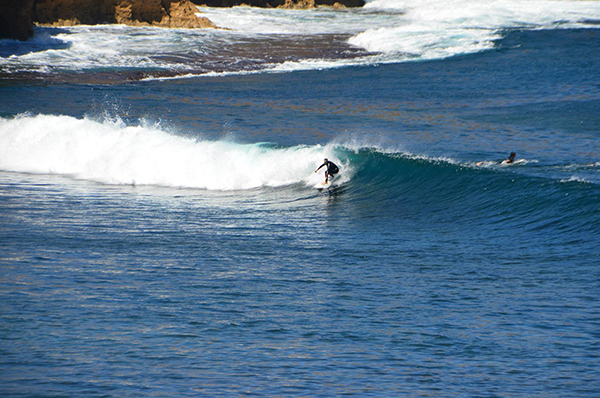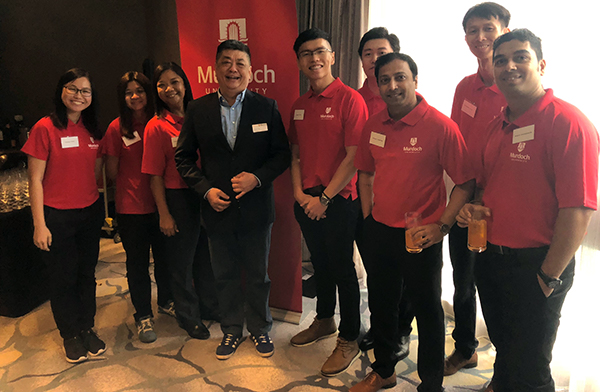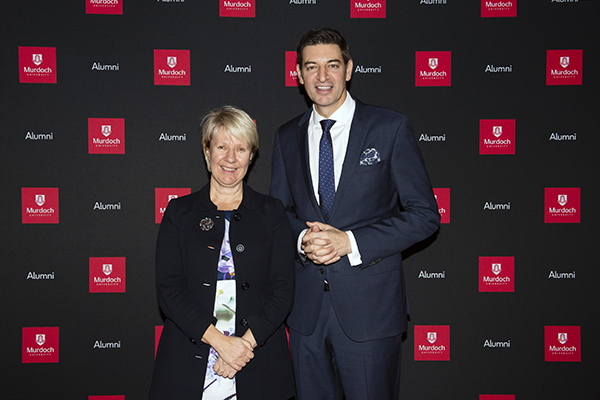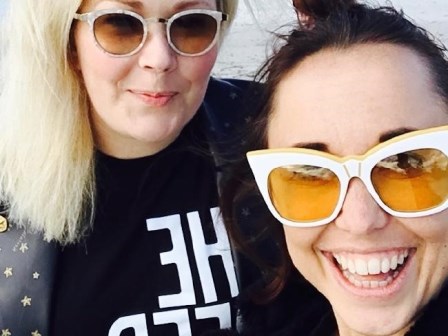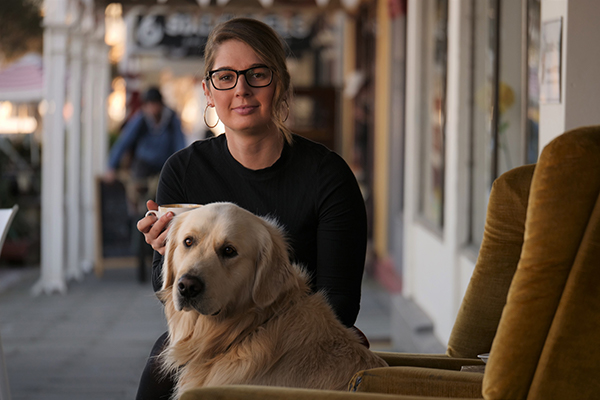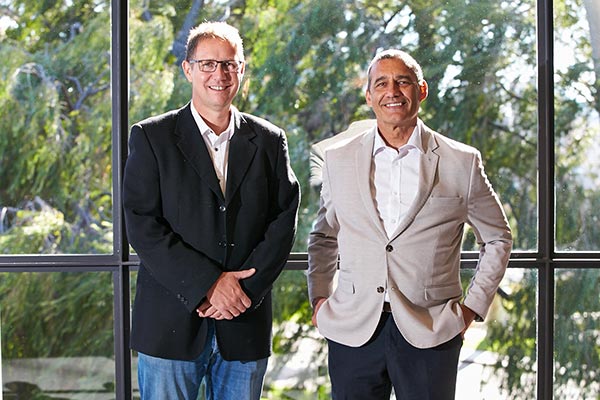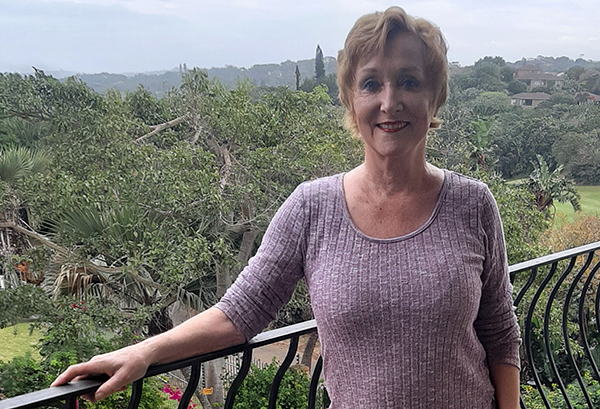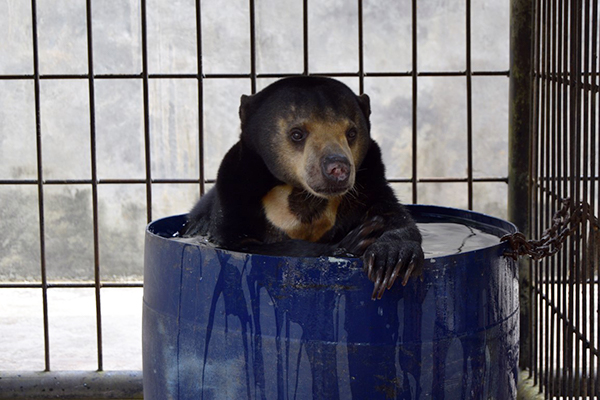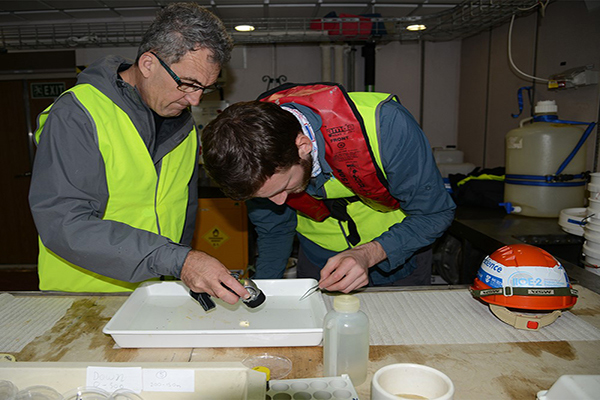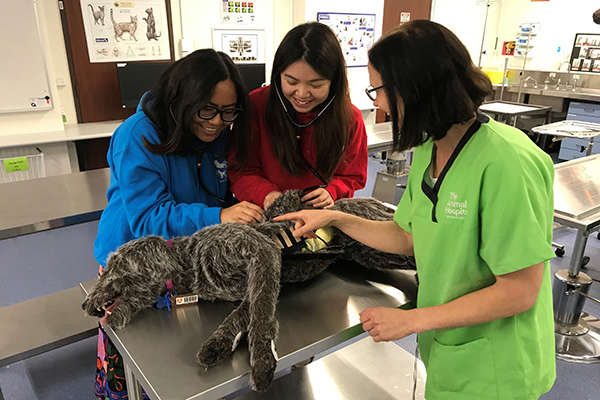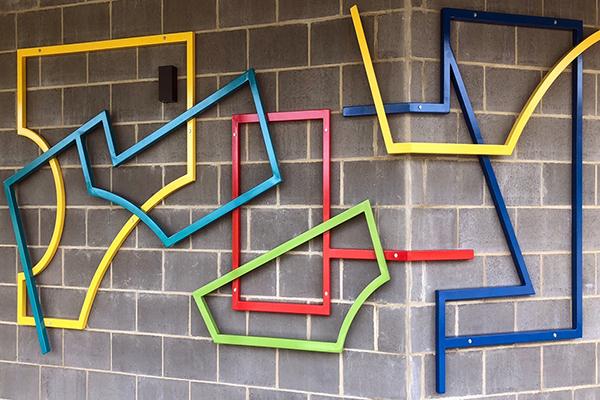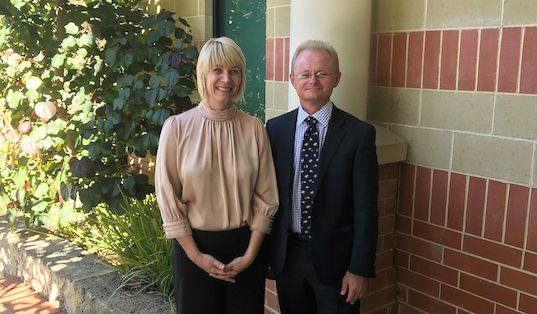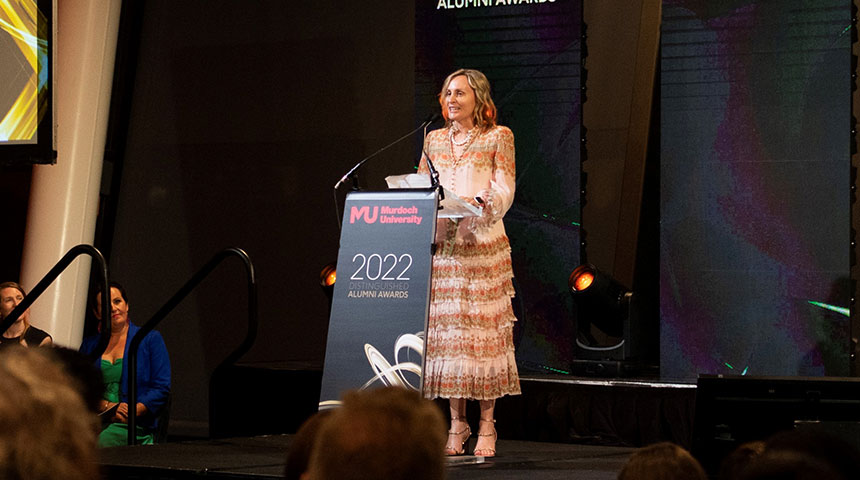
Horizon Power CEO leading the charge to a more sustainable future.
As a child, did you know what you wanted to do when you grew up?
I had a few different ideas. I lived out in Karratha, in the remote regions of Western Australia and spent a lot of my time climbing trees and being very free. A big roaming zone, but pretty early on I think, I settled on being a courtroom lawyer.
I watched things like LA Law, and it inspired me to be a courtroom lawyer. So I had a good idea I would go down a legal path.
How was your time at Murdoch?
I loved Murdoch. I think Murdoch is a great campus. It’s very different to a traditional campus because I did my first year at University of Queensland with its marble corridors and a really different environment. But Murdoch had the sense of being a bit of a challenger to the old institutions. And we were the first cohort of lawyers to come out from Murdoch's Law School. It had a really strong collegiate sense to it, but also a really strong interaction with all of the other disciplines.
I was doing Economics as well and had friends across the campus. So, it was a lovely time at Murdoch. I really loved the environment that was created there and that sense of a new way to do law, rather than a very traditional way.
You completed both an economics and law degree. Were you set on becoming a lawyer?
I did spend a great deal of my career in the legal profession. Back in my day, if you were good at either sciences or humanities, you tended to either do medicine or law. And I was not good at the sciences! So that very much propelled me towards a law career.
In WA we have a huge legal profession in support of mining and resources. I went into corporations’ law, and then resources law, and spent many years doing that and thoroughly enjoyed it.
How important was going to university for you?
Well, you know, looking back I never had any other idea in my mind other than going to university. If I look at my children today, who are 17 and 19, it’s by no means certain that that’s the career path that you need to follow in order to succeed and follow your purpose.
But for me it was - go to school, do well, go to university. Then establish my career through that learning base. So law and university were really important for that. But I think more than just the discipline, it was also around the networks and the social maturity that you reach through university that stays with you for a lifetime. Some of my closest friends today remain my law buddies from my time at Murdoch which is pretty special when you think how long ago it was.
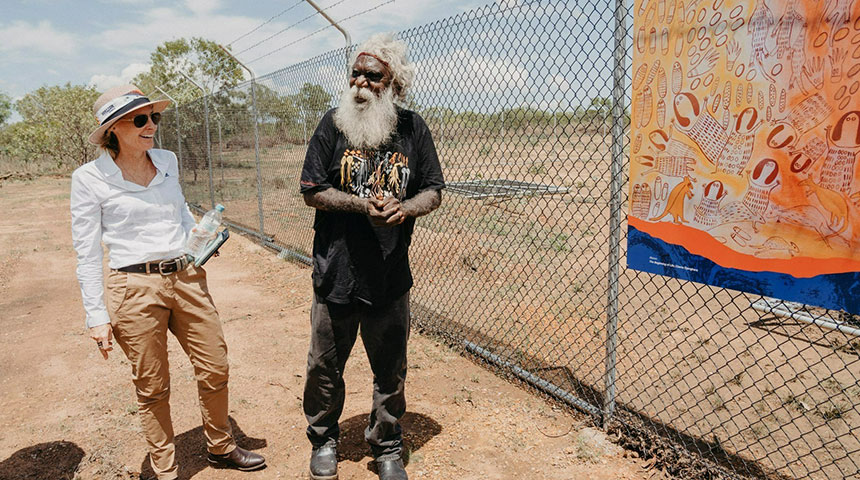
What key knowledge did you gain from your time at Harvard Business School?
I was lucky enough to spend two or three months on campus at Boston University, which is an amazing institution. It really is next level, in terms of the history, the age of the buildings, but also the reputation of Harvard in and of itself. It was a residential Advanced Management Programme for senior executives. The idea is that you create a network of people across the world from every country, every race, and every discipline you could imagine. You come together with a passion for learning and determine where personally the next part of your journey might take you, through that foundation of the learning that you do there.
Some of the guest lecturers that we had come and speak to us were amazing. Incredible speakers such as the global head of Kellogg’s for example. They really inspire you with tales of their own journey and the pitfalls that they have encountered. But I think much more than that, it’s that collegiality and all being together in the learning environment that Harvard brings that makes it. The Socratic method of learning.
Harvard was quite a step change for me. I was a senior executive then and it really crystallised in me the calling, I think, to be able to lead an organisation. It helped clarify what my unique proposition was, to be a leader of a bigger business and responsible for its future direction.
I was working for Synergy at the time and my then CEO, Jason Waters, was someone who had done the Harvard AMP course and really incentivised me to think about it as a real reward for effort. I was in a role heading up our whole of business transformation. It was a very extensive programme across our entire business to rationalise, cut costs, but also to create efficiencies and automation and take us to the next iteration of Synergy at the time.
The time in Boston was also kind of a sabbatical too, where I had a couple of months to really think about what I had learned and determine where to go next with all of that.
What are some of your proudest achievements at Horizon Power?
The first one was to create a voice at our decision-making table for our people. When I joined Horizon, we had a big, shared services group who spoke for health and safety but also spoke for our employees. In the mix of all of that, I felt like we had lost the voice of our people a little. So, I created an employee experience division because my view is that in order for Horizon to succeed, you’ve got to have an engaged workforce.
The second part of that was that we didn’t have the voice of our customer at the table either. We are here to serve customers in our regional communities. To create a customer centric business, you put your customers’ needs first, and then think about how the business responds. Without it, I don’t think you’re going in the right direction, so I thought it was very important for setting Horizon up for success.
Probably the third thing I would draw out would be ‘utility of the future.’ This was a very paper-based organisation, very reliant on spreadsheets, and quite clunky processes in order to make decisions. We’ve invested very substantially in digitising as much of our workplace as we can, and we’re on a three-to-four-year program to do it.
We’re right at the cusp now - we’ve got the data lake. We’re capturing geo-spatial data to see our assets. The phase we’re entering into is to draw the insights from them, with advanced analytics, to then drive our work programmes and fully automate that. I’m enormously excited by that progress because that’s how we create real difference for our frontline workers in the field, but where our assets speak to us, and tell us what they need.
If I added one more, I’m very proud of the work that we’ve done in hydrogen. One of the things that we’ve decided to do here was to really think about how we would solve deep storage. That’s all about bringing green energy 24/7. So, firming up that intermittency if the sun is not shining or the wind is not blowing.
We’re really excited because we’ve just created our first container of hydrogen, and it will be used to take green hydrogen to the people of Denham 24/7, and it’s big enough to service about 100 houses. We’re on the cusp, I think, of a very important new industry in Australia, and it’s companies like Horizon who are experimenting and deploying, who I think will lead the way in creating this industry for the future.
I believe Horizon Power has a large area to cover?!
Yes, it’s 2.4 million square kilometres of territory and we have depots that start all the way down in Esperance, and then again in Carnarvon, then up to Karratha, Port Hedland, Broome, and Kununurra. It’s just the biggest territory you can imagine.
We have 38 inter-connected systems including what is called the NWIS. That’s the Northwest Inter-Connected System where all of our Karratha/Port Hedland iron ore is taken offshore from.
Then all the way up to some of our most remote power stations such as Kalumburu which is a tiny community, past Kununurra, that’s often cut off from road access because of weather conditions.
So, we have a vast, vast territory and a huge number of communities and town-based reserves and towns that we service all across this state.
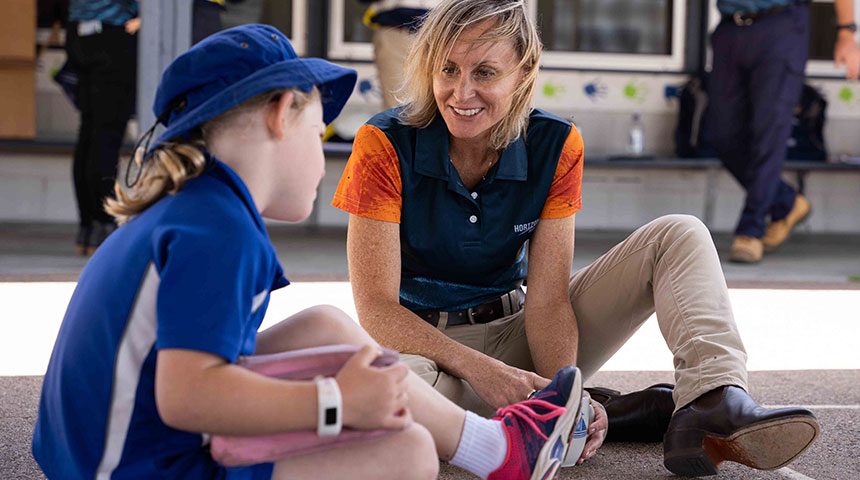
Who have been some of the mentors in your life both personally and professionally?
I have had a bunch of different influences in my journey that may or may not be in the ‘mentor’ category as such, but certainly some people that I really have drawn inspiration from. I’ll start with three that I really love speaking about. They are not people that I know, they’re just people whose stories have really resonated with me.
One is Swedish environmental activist Greta Thunberg and the other is the broadcaster, David Attenborough. The reason that I love those two is that they have exactly the same conviction and ambition, which is re-wilding the planet and creating a much cleaner and greener time for everybody here and for future generations. But boy do they come at it from a different leadership stance!
And my message around these two individuals is that you can lead from anywhere. You can lead as a schoolgirl on the corner, on her own with a placard that creates a worldwide movement, or you can lead from your true calling as a biologist or professional in the field. It doesn’t matter where you are.
My third is from the technology world. Her name is Dorothy Vaughan, and a lot of people may not have heard of her. She was a supervisor for the space race that was seeking to orbit an astronaut into space. She was an African American in a very dark time in America’s history, but the most amazing individual because she was a supervisor of a group of women called the Hidden Figures or the Human Calculators.
They used pen and paper to work out the mathematical equations for the space race, but when super‑computers came in, they were all looking down the face of redundancy. But she taught herself and then her colleagues programming languages such as FORTRAN and became the first supervisor of a group of people who were able to code those big machines when no-one else knew how to do it.
I love that story because it says no matter what your background, you can re-skill and you can learn, in order to provide a useful way in a new world.
And personal mentors?
I guess I’ve been blessed with having fantastic support throughout my career. Jason Waters, who was my CEO at Synergy, invested so much in me personally, through coaching, and through things like sending me to Harvard, which has been quite transformational for me as a leader. I’m eternally grateful for that investment in me and how it shaped me as a leader of the future.
He's also introduced me to a number of life coaches or professional coaches, like Lisa Doig, who I call out especially. She has taken me on a journey of becoming not just a leader, thinking about how we personally achieve, or create an opportunity within a small part of the business, but how you think about bringing an entire business along for a whole of business transformation.
That really does require you to speak in an inspirational way to the hearts, not just the minds of people. To be able to connect on a real emotional level to what’s in it for somebody individually. How do you listen to fears and anxieties but also take a business forward? She’s been amazing for me at certain points in my life.
Who does a CEO go to for advice and support? Other CEOs?
Yeah, that’s a common question, isn’t it? Is it lonely to be a CEO? I’m very aware that I am the ‘boss’ of my team, and as a result we’re not colleagues and peers in the way that means that we can share all the same information.
I'm acutely aware of enabling my team to have their space without me in the mix of it all the time. Equally, I feel that I try very hard to be very transparent, to open any conversation and answer any question that needs to be answered. So, I do have that level of authenticity and transparency that I think is critical in order to move forward as a business.
I’ve got an amazing partner in Hans Christian who is just incredible at letting me think through things that are going on. He has a way of helping me draw out themes and trends that enables me to get to what I need to do about it. I think because he’s Danish, he’s also quite black and white which means he comes to a resolution – “What are you doing about it?” So that’s great.
I do have a couple of very important support networks. I’ve got a bunch of buddies that I just know who I can call on at particular times and I do. I have a bunch of friends from my time at Harvard who are based across Australia. We still get together when possible.
Then I have a real core group of friends here, from when I went on a leadership group offsite, who I call upon for different things as well.
So, I never feel lonely, I guess, because I know where to go for the sorts of discussions that I want to have. And what I find is that people are incredibly generous with their time as well if you are trying to nut through a problem.
What do you love about working in the energy sector?
My favourite thing is to be out and about in our territory, engaging with our customers, and our community, and our workforce, because I think you’ve got to stand on the place that you serve and do your work in order to really understand what’s going on.
The energy sector is under a huge amount of disruption and transformation. It’s moving from what used to be very one way relationship. We would make the energy and we would deliver it to you. Now it's very different.
Many customers already have, or are thinking about, installing solar. We have a huge number of rooftops in this state and therefore what used to be a customer, is now a generator, as well as a customer, and that’s turned the whole industry on its head. At the same time, we’re dealing with the fact that their energy source is not stable. We’re not used to dealing as a system with this thing that turns off and on, and sometimes is there and sometimes isn’t.
At Synergy we put in place what was then the first ever utility scale solar farm in the southern hemisphere. It was ten mega-watts. People are now talking in multiples of 1,000. So what was a mega-watt, is now a giga-watt.
It was 2011 to 2014 that we were doing that sort of work, when solar farms and wind farms were first really starting to get to utility scale. And now, we’re talking about radically de-carbonising and electrifying all of our really ‘hard to abate’ industries. So, it is absolutely game changing, but you do need a vision, and you need to back it by action.
So, we have got to solve some pretty scary, wicked problems and we don’t have long to do it. What I love though, is that our state and now the Federal Government are being ambitious about where we need to get to, to do the right thing for the environment, and for future generations.
We have a bold ambition to reduce emissions. We are trying hard to do a lot - genuine abatement by 2030. That’s incredibly difficult, and we don’t want to under-estimate how hard that is, but gee we’ve got a clever country and clever minds, we can pull in not just from this country but beyond. And that’s why that learning environment that we create at somewhere like Murdoch is so important.
What remains a burning ambition either professional or personal?
I’ve always had ambitions to do crazy adventure races. In the past I have done three half Ironmen down in Busselton. In 2023, I’m going to tackle the Gibb Challenge which is a 660km mountain bike adventure that you do as a group. I’ve just finished the Lake Argyle swim. I love these crazy swims where you throw yourself in a croc infested lake and swim 10 kilometres!
Professionally, I really love the green steel industry. I really think as a state, that we’ve got all of the ingredients for a really strong competitive advantage. Having some part to play as an enabler at the forefront of creating the green steel industry would be pretty exciting.
